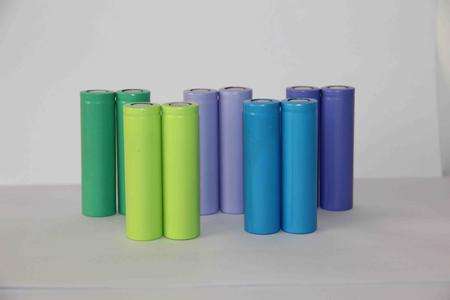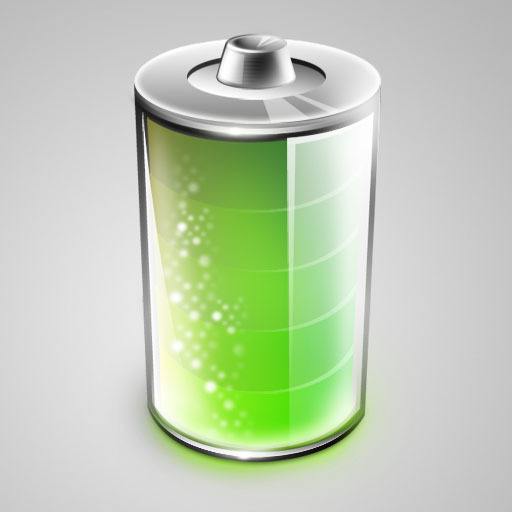18650 Battery Charger Capacity Tester
Sep 25, 2019 Pageview:2559
Recharge cycles can vary and they usually are limited depending of the type of battery. Thus it is important for any user to be aware of the capacity of the battery as it degrades over time due to several factors both internal and external. A standard lithium ion 18650 battery is usually rated to last around 300 to 500 cycles of regular use before significantly dropping its performance. Some of the reasons why a battery may affect its life are:
Temperature: Running a battery outside of the recommended range may have a significant impact in the life of the battery.
Charger: It is important to have a charger that will turn off automatically after the charging is complete. Batteries naturally lose energy and if the charger doesn’t go off it will recharge the battery as soon as it notices a minor drop in energy. Considering you might not be around to remove the batteries from the charger as soon as they’re fully charged, this constant charging and discharging will only decrease the life of the battery.
Having the battery charged “just in case”: As we mentioned before, the battery will lose energy naturally over time. You don’t need to discharge if you’re not sure of when are you going to use it. However, you should avoid charging it just because the energy naturally drops like you do with your cell phone.
Charge rate: It is important for any user to identify the right charging rate to avoid using the wrong type of charger. Having a cheap charger with the wrong rate will affect and ultimately diminish the life of the battery.
What is a 18650 battery charger capacity tester?
Put in simpler words, a 18650 battery charger capacity tester is a device that serves the purpose of both charging a battery and measuring the charger’s ability to deliver current at a constant rate and voltage to the batteries attached to it in a certain amount of time. You can find simple models or more complex devices that show you characteristics such as the battery’s capacity, voltage, the time elapsed of charging and the current being sent. Some 18650 battery charger capacity testers give you several options such as a fast charge, a slow charge, a full discharge, refresh and even run a quick test to know the state of the battery.
The important aspect of this type of battery charger capacity tester is that it serves 18650 batteries, which have the same size of a AA battery and are made of rechargeable lithium- ion. And even though some capacity testers work with other types of batteries, they only fully help 18650 batteries charge and measure the capacity.
When do you need a 18650 battery charger capacity tester?
Just because you can test the battery capacity doesn’t mean you should do it systematically or very often. Testing the capacity of a battery may have an effect on the lifespan of the battery. Therefore there is a need to find the right balance between naturally losing energy and decreasing it by testing.
So, if you’re wondering when is the right moment to use a 18650 battery charger capacity tester, the most effective way to decide is based on the condition of your batteries rather than a certain, fixed amount of time. If you monitor constantly a battery’s lifespan using the capacity tester, you’ll definitely will end up ruining the functionality of your batteries. But, by doing this internal resistance measurement, you’ll detect on time if the battery charger has a potential weakness or failure; and a simple load test will show if said failure is minor or severe enough to do something about it.
If by some reason your battery’s lifespan is being shorter than expected, if your batteries take too long to charge or if they’re suddenly break down, you should test out the charger performance. Being able to detect inconvenients and optimizing them before it’s too late is crucial to the right functioning of the devices that carry the 18650 batteries.
Advantages of a 18650 battery charger capacity tester
There are very notorious ways in which a 18650 battery charger capacity tester can make your life easier and even make your batteries last longer. One great advantage of using a charger with capacity tester is that you’ll be able to determine easily where your batteries are on their predictable life span, giving you a chance to anticipate to them running completely out of battery without any warning and at inconvenient moments. Having a battery charger capacity tester is like making a preventive maintenance. You don’t need to wait until the battery fails to react and you don’t have to be making unnecessary random test that eventually will affect the lifespan of the battery.
Testing the capacity of both charger and battery will help you determine whether the battery needs replacing or the charger needs to be replaced. You can do this by monitoring the average charge, current and time of use of the battery and compare it to the last time you charged it. But a 18650 battery charger capacity tester can also help you locate weak cells and defective intercell connectors, which can be at fault of a poor charge in your batteries. Identifying these errors can also help you check if your charger is overcharging batteries, which eventually will damage them.
How to use a 18650 battery charger capacity tester properly
As much as the battery charger capacity tester is able to help you protect your battery life it is important to remember the factors mentioned at the beginning of this article. Having the wrong charge rate, a non compatible charger or overcharging are some of the reasons why people diminish the energy of their batteries. In order to take full advantage of this charger capacity tester you must remember the previous recommendations. Using it smart will save you some money and will protect your devices.
For a proper use of your 18650 battery charger capacity tester, run a couple of tests by letting your batteries fully run out of charge and set them at the same time in the charger. The charger should deliver the same current at the same time frame, thus the batteries should last about the same amount of time by used all with the same consistency.
- Prev Article: Can you charge lithium batteries with nimh charger?
- Next Article: How long do Lithium Polymer Batteries Last?
Leave Message
Hottest Categories
-
Hottest Industry News
-
Latest Industry News











